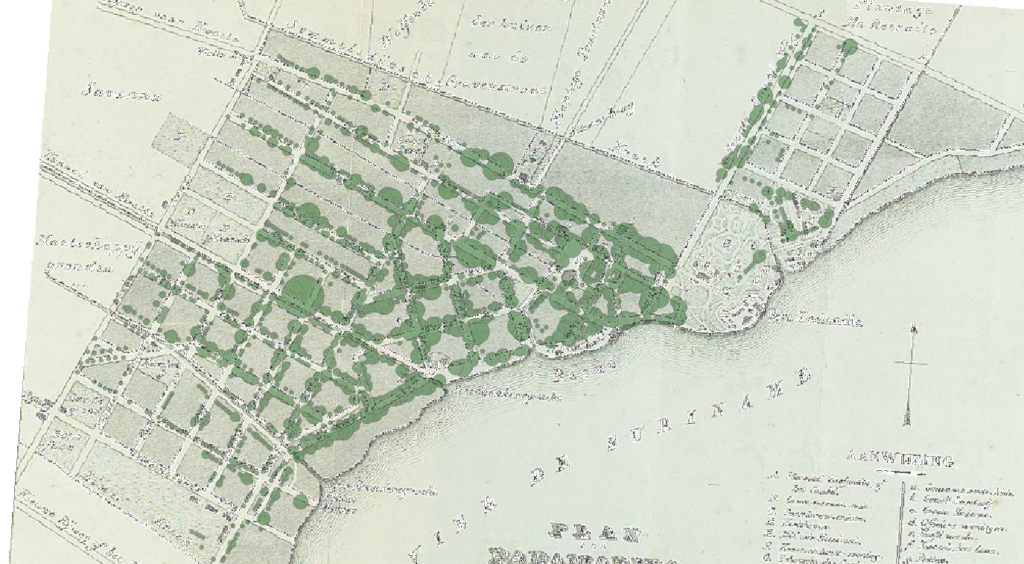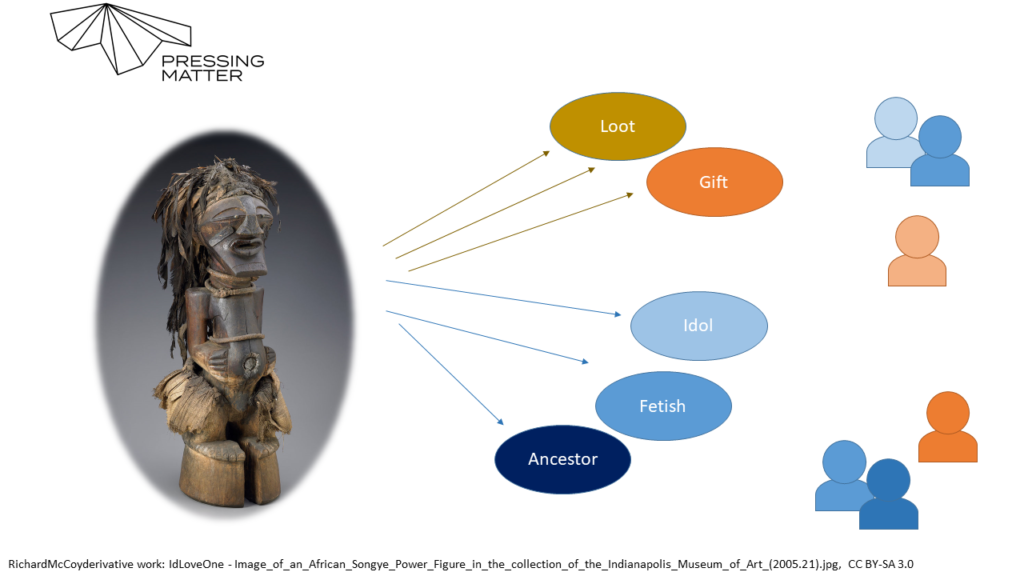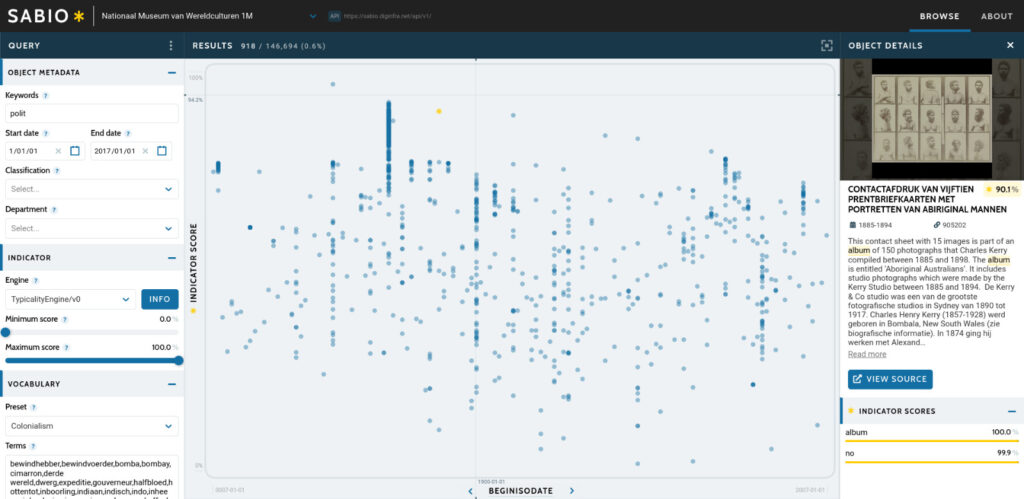Our next Salon will focus on Polyvocal Perspectives in Archives.
Date: Thursday, 7th of April, 2022
Time: 15:00 – 17:00 CET
Add it to your agenda: calendar invite
This will be a hybrid event:
Physical Location: 0.16, BG1, Turfdraagsterpad 9, 1012 XT Amsterdam
Virtual Location: zoom link
If you intend to be there in person (which would be lovely),
Please let us know by filling in this form.
Language: English
Chair: Julia Noordegraaf, Professor of Digital Heritage, Director of ACHI and CREATE, UvA
Post the salon, we will hop over to Kapitein Zeppos to continue conversations over drinks!
We look forward to seeing you!

Enslaved in the City: The Spatial Configuration of Paramaribo’s Population (1846)
Thunnis van Oort | Postdoctoral researcher, Radboud University
Thunnis van Oort will present an ongoing historical GIS project, which aims to provide a fine-grained infrastructure for plotting spatial data onto the map of Paramaribo, capital of Suriname. A “Paramaribo Time Machine” has the potential to show the social make-up of the city during (and after) the days of slavery. Projecting information of the city register (‘wijkregister’) of 1846 can help us learn more about the elusive lives of the enslaved, who remain underrepresented in historical source materials.
This project is part of the project Legacies of Bondage aimed at creating a database of the historical populations of Suriname and Curacao.

Graph Mining on Historical Past to Digitally Trace Colonial Objects in Museum
Sarah Shoilee | PhD Researcher at User-Centric Data Science Group, Vrije Universiteit (VU)
Victor de Boer | Assistant Professor, VU and Senior Research Fellow, Netherlands Institute for Sound and Vision
Growing contestation over what to do with colonial heritage held in museums reveals polarised positions, ranging from scholars, activists and community members championing the return of objects to correct historical wrongs, to those who contend that museums should retain objects in light of their (universal) cultural and scientific value; Pressing Matter responds to this growing contestation. This project aims to develop a new theoretical model of value and ownership along with new forms of return that address but move beyond current approaches to heritage restitution. Within the project, one of the lines of research investigates the digital trace of Dutch colonial objects in the historical past through Knowledge Graph mining.
In this talk, Sarah and Victor will share their proposed approach to digitally trace colonial objects through the historical past and the potential challenges in their work.

SociAl BIas Observatory
Valentin Vogelmann | Researcher, KNAW DHLab
With over 800,000 objects, mapping out the landscape of biases in the metadata of the digital collection of the National Museum of World Cultures (NMvW) is a daunting task which calls for the aid of automation. At the same time, bias is a complex, inherently societal issue and research into it is to be considered as a social act and to be conducted in open discussion with stakeholders.
In response to this dilemma, the CulturalAI lab has been developing the SociAl BIas Observatory (SABIO), a research tool and initial investigation into how algorithms can create an environment (an ‘observatory’) that enables users to effectively find biases on their own terms. To this end, the core of SABIO is a suite of algorithms, AI and non-AI based, which score objects along dimension that correlate with bias (but are not bias themselves). Offering a multitude of scores is aimed at allowing the users to enter into different perspectives, some humanly unattainable, while the individual scoring algorithms retain their transparency.
A work in progress, Valentin will share learnings that lead to this particular conception of a bias identification tool and showcase some of SABIO’s functionality.
